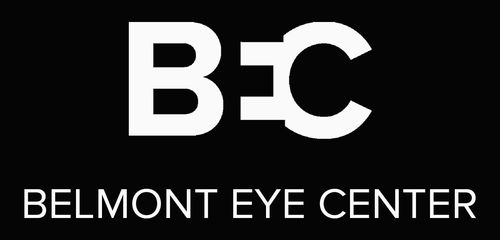Introduction to Vision and Cognitive Decline
Recent research has illuminated a potential link between poor distance vision and an increased risk of dementia. This article delves into the study’s findings and the broader implications for health monitoring.
Key Findings from the Latest Research
- Study Overview: A U.S. university study involving older adults found a correlation between vision impairment and signs of cognitive decline.
- Statistics: About one-third of participants with moderate to severe vision impairment showed signs of dementia.
- Implications: These findings suggest that poor vision could be a marker for deteriorating brain health.
Understanding the Eye-Brain Connection
- Role of Vision: Vision significantly affects our physical activity, social engagement, and mental stimulation.
- Eye Conditions and Dementia: Eye diseases like cataracts, glaucoma, and macular degeneration may increase dementia risk.
- Brain Changes: Decreased visual input might lead to structural and functional changes in the brain.
The Importance of Prevention and Early Detection
- Eye Health and Cognitive Health: Maintaining eye health is crucial for cognitive function.
- Eye Exams: Regular screenings can catch conditions like glaucoma and macular degeneration early.
- At-Risk Populations: Individuals over 50 should prioritize eye health to prevent vision loss and cognitive decline.
Symptoms to Watch For
- Gradual blurring of vision
- Increased sensitivity to light
- Visual distortions
- Loss of peripheral vision (specifically for glaucoma)
Concluding Thoughts
- Association, Not Causation: The study highlights an association between vision impairment and cognitive decline, not a direct cause-and-effect relationship.
- Future Research: Further investigation is needed to understand the mechanisms behind this link.
- Holistic Health: Eye exams are a critical component of overall health and could play a role in maintaining cognitive function.
